Domains of Learning
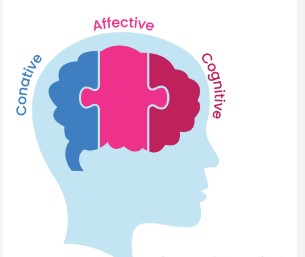
Domains of Learning is a Diagrammatic representation of feelings, ideas, and actions, or what to feel, think, and do, Initially developed between 1956 and 1972.
There are three major Domain of Learning:
- Cognitive Domain
- Affective Domain and
- Psychomotor Domain
COGNITIVE DOMAIN


Cognitive skills are brain-based abilities that are necessary for knowledge acquisition, information manipulation, and thinking. They are also referred to as cognitive functions, cognitive abilities, or cognitive capacities. They are less concerned with actual information and more with the processes by which people learn, remember, solve issues, and pay attention. The domains of perception, attention, memory, learning, decision-making, and linguistic ability are all included in cognitive talents or functions.
Benjamin Bloom developed six distinct categories in the cognitive domain, ranging from;
- Knowledge
- Comprehension
- Application
- Analysis
- Synthesis and,
- Evaluation
These skills above are basically related to thinking process.
AFFECTIVE DOMAIN
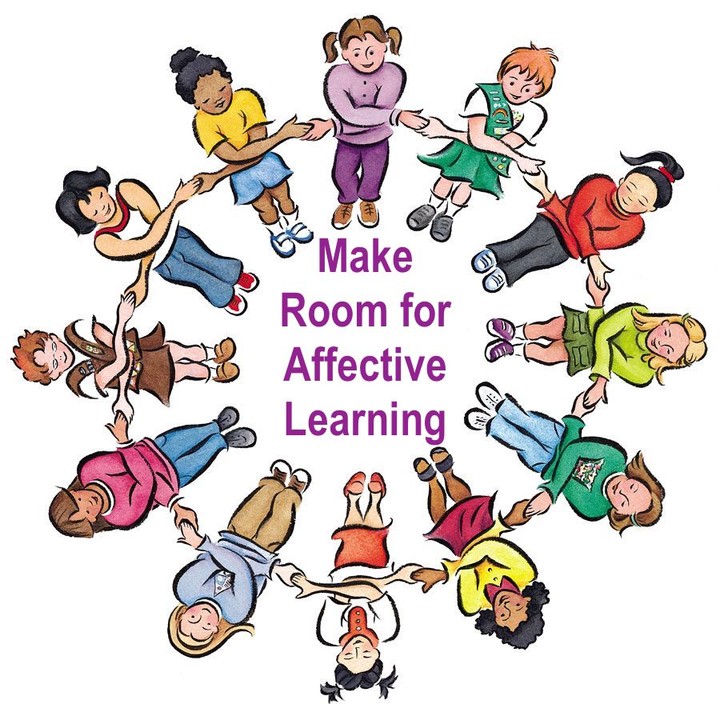
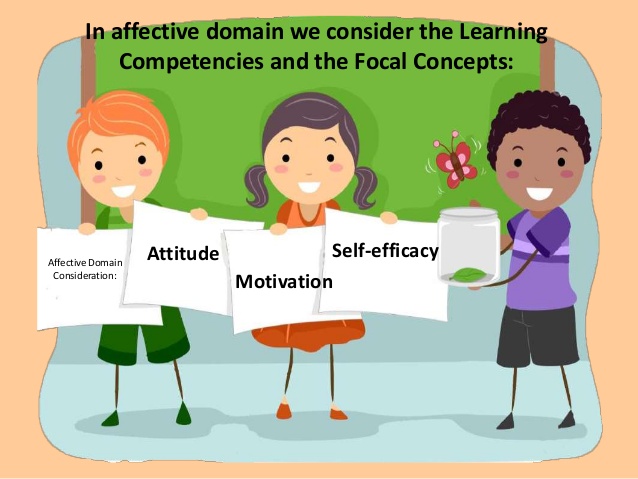
The affective domain of learning deals with learners’ emotions, feelings, and attitudes. Affective domain categories entail receipt, response, valuation, organizing, and characterizing phenomena
The receiving sub-domain helps people become aware of their feelings and emotions and prepares them to pay attention to what they are learning. As a result, responding to phenomena requires students to actively participate in class, and valuing necessitates them being able to articulate the value of the teachings they have learned.
PSYCHOMOTOR DOMAIN
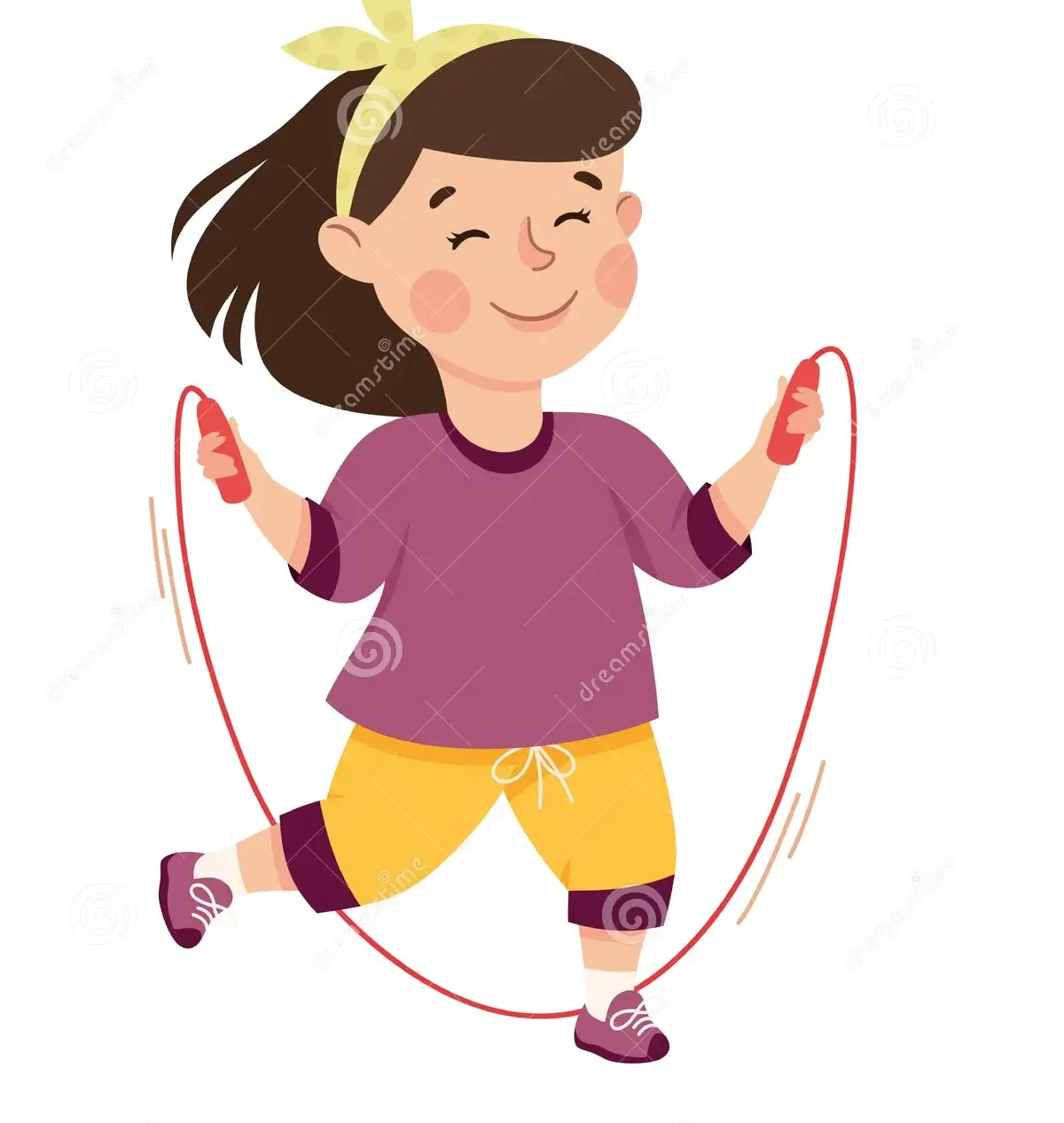
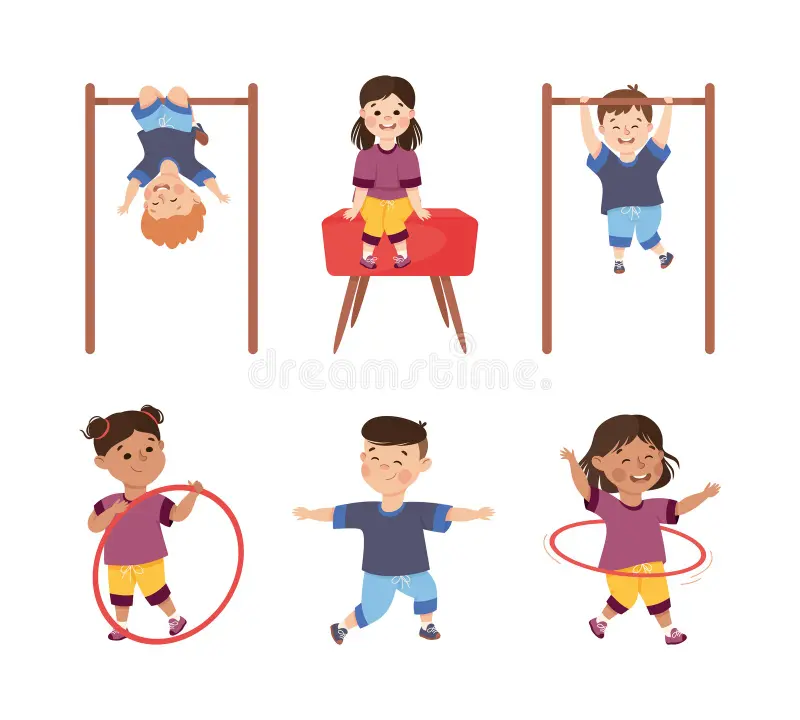
Psychomotor learning is the connection between mental processes and physical abilities such as movement, coordination, manipulation, dexterity, elegance, strength, and speed—actions that exhibit fine or gross motor skills, such as using tools or precision instruments and walking—are examples of psychomotor learning. The greatest domains of gross psychomotor skills are seen in sports and dance.
Playing an instrument, driving a car, and throwing a ball are a few instances of behavior. Verbal processes are not prioritized in psychomotor learning studies; instead, learning coordinated movement including the arms, hands, fingers, and feet is the focus.
In conclusion
The learning process must go beyond reading and memorizing facts and information to the ability to critically evaluate the information



No Comments yet!